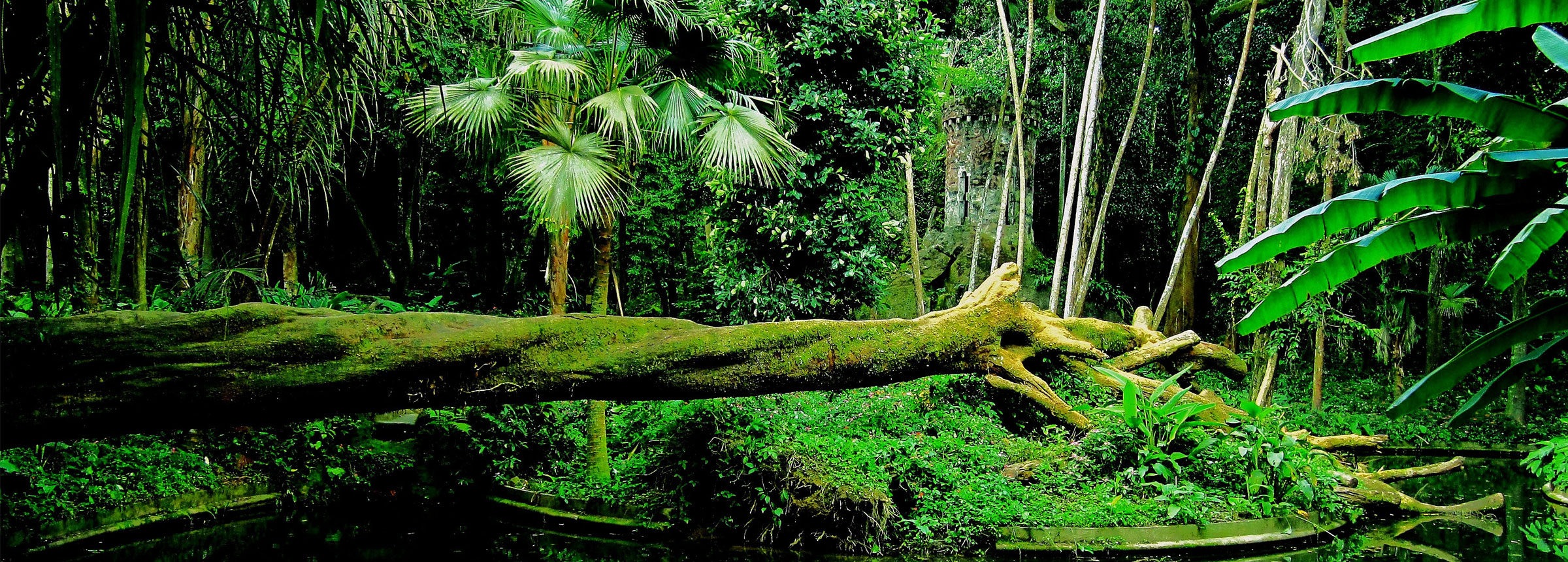Projects
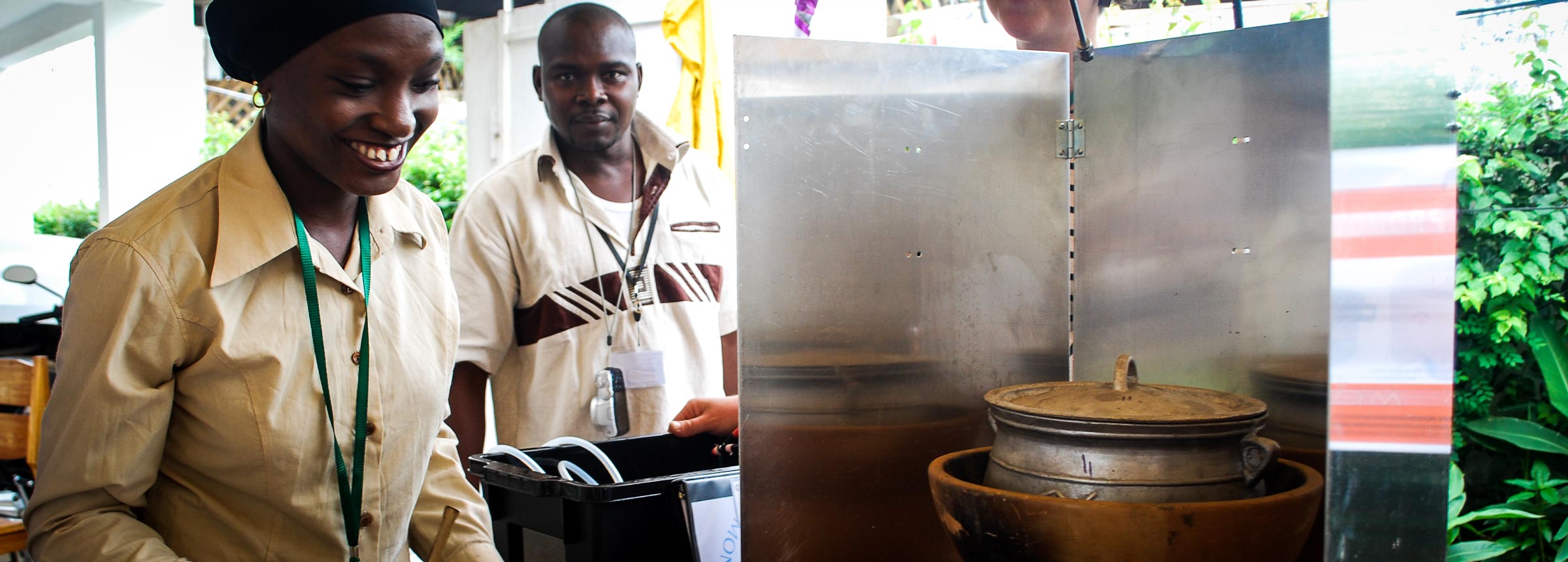
Capacity Building on Clean and Efficient Cooking Practices
Cooking food is one of life’s most essential tasks. Yet, it can also be deadly. Pollutants from cooking with solid fuels in open fires or rudimentary stoves are estimated to cause 4 million premature deaths a year, while also contributing to global climate change. Inefficient traditional cooking also threatens natural resources. To address these problems, Winrock works […]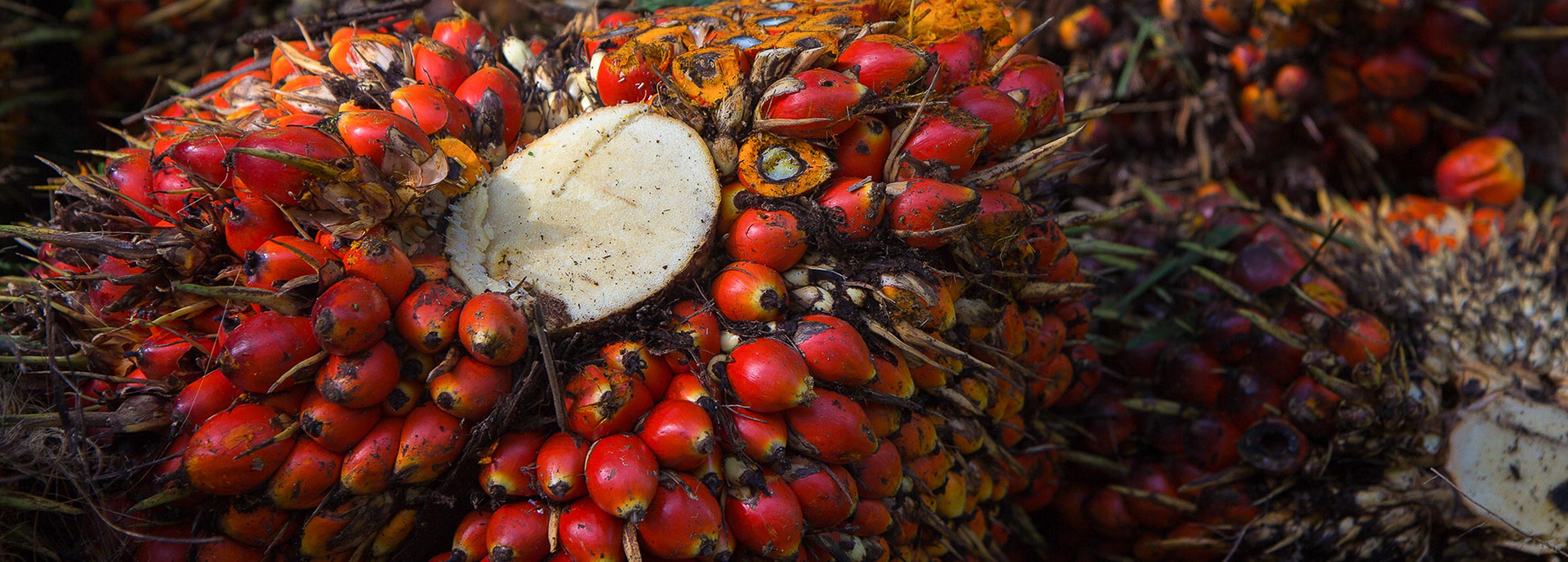
Smallholder Protocol for Peat
Smallholders produce around 40 percent of Indonesia’s palm oil, an amount that is expected to increase due to the lack of land suitable for new large-scale plantations. However, a lack of resources and technical capacity often leads to extremely low productivity and unsustainable management at small plantations. With funding from IDH, Cargill and Costco, this…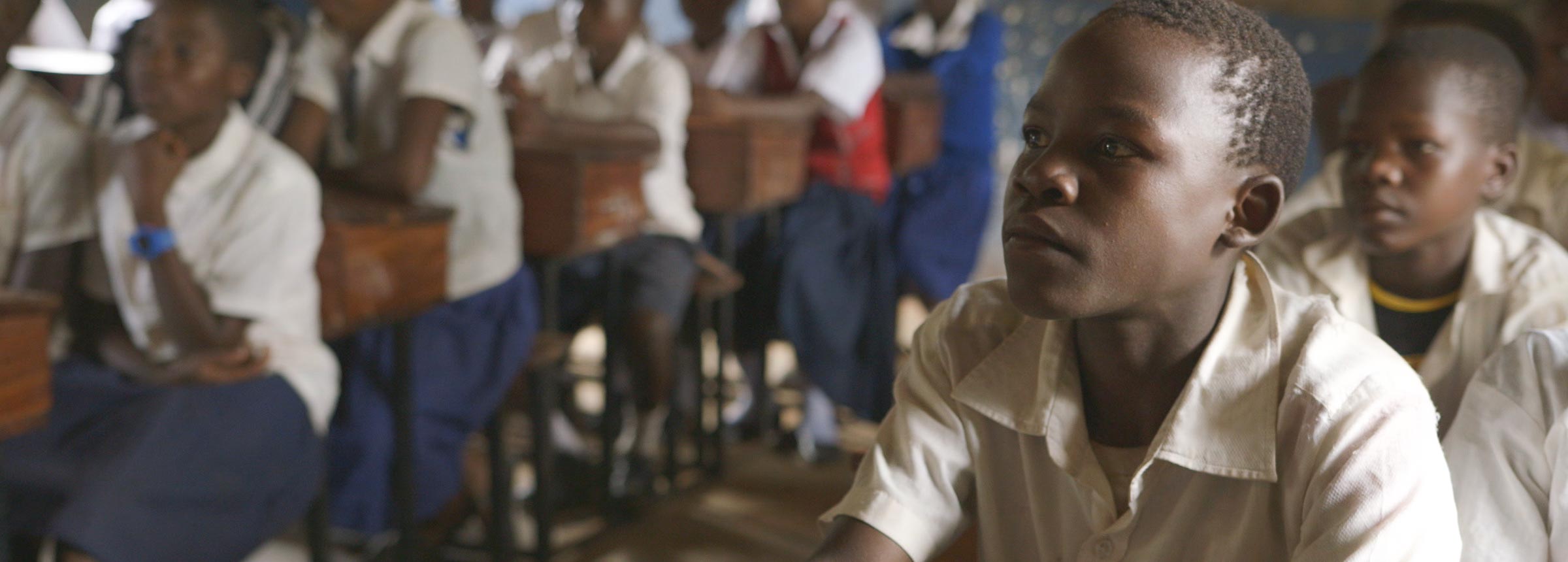
Promoting Sustainable Practices to Eradicate Child Labour in Tobacco (PROSPER)
Social and economic pressures far too often lead Tanzanian children into the workforce. The Promoting Sustainable Practices to Eradicate Child Labor in Tobacco program, or PROSPER, seeks to prevent and withdraw youth of all ages from child labor, especially in the tobacco industry. PROSPER addresses the root causes that fuel child labor and offers alternatives…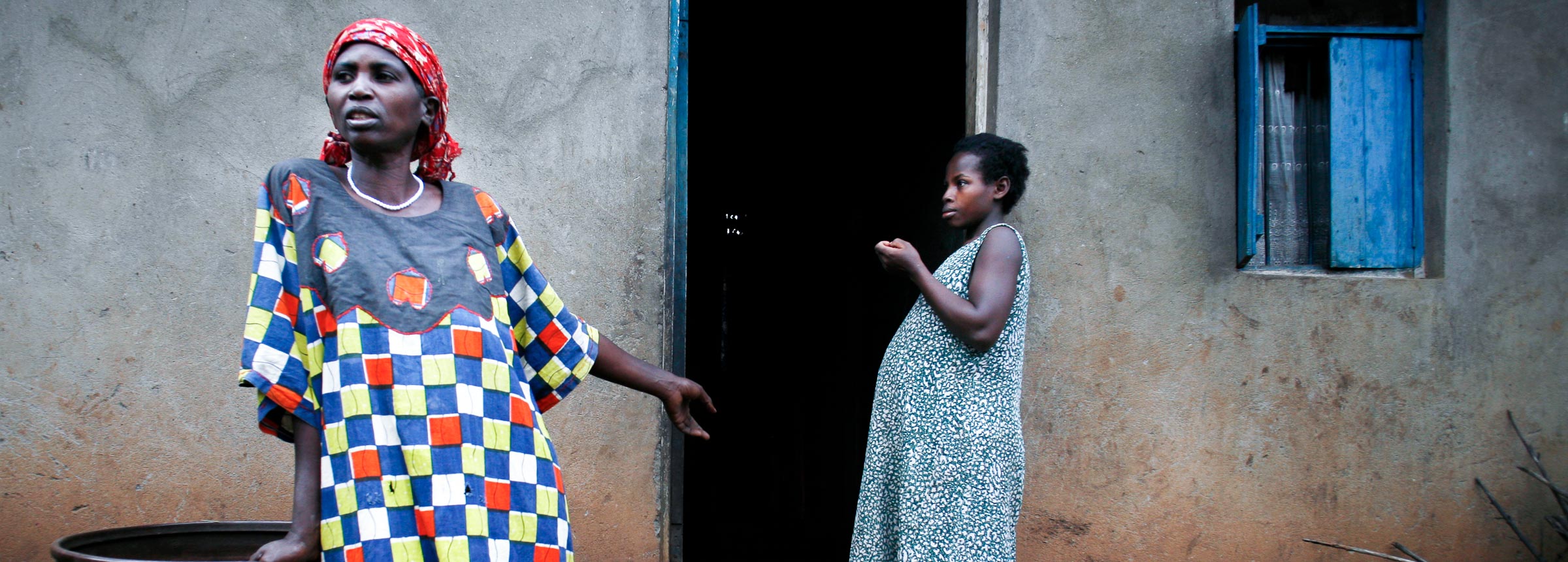
Strengthening Partnerships, Results and Innovations in Nutrition Globally
As part of USAID’s Strengthening Partnerships, Results, and Innovations in Nutrition Globally program, Winrock is working to improve the nutrition and health of women and children in Guinea. In particular, project activities will focus on improving the diets of young children and pregnant and lactating women. By conducting research into obstacles preventing proper maternal nutrition,…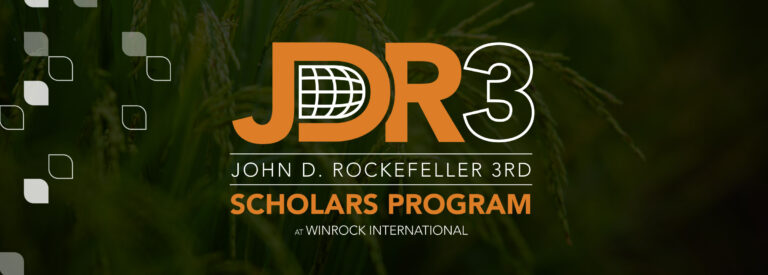
John D. Rockefeller 3rd Scholars Program
Why JDR3? USAID and other donors have increasingly noted the importance of linking research and evidence-based practices to development programs to improve efficiency and effectiveness. To do this, it is imperative that donors and implementers alike address the barriers to generating high-quality social science data. The JDR3 Program uses a participatory, locally-led approach to build […]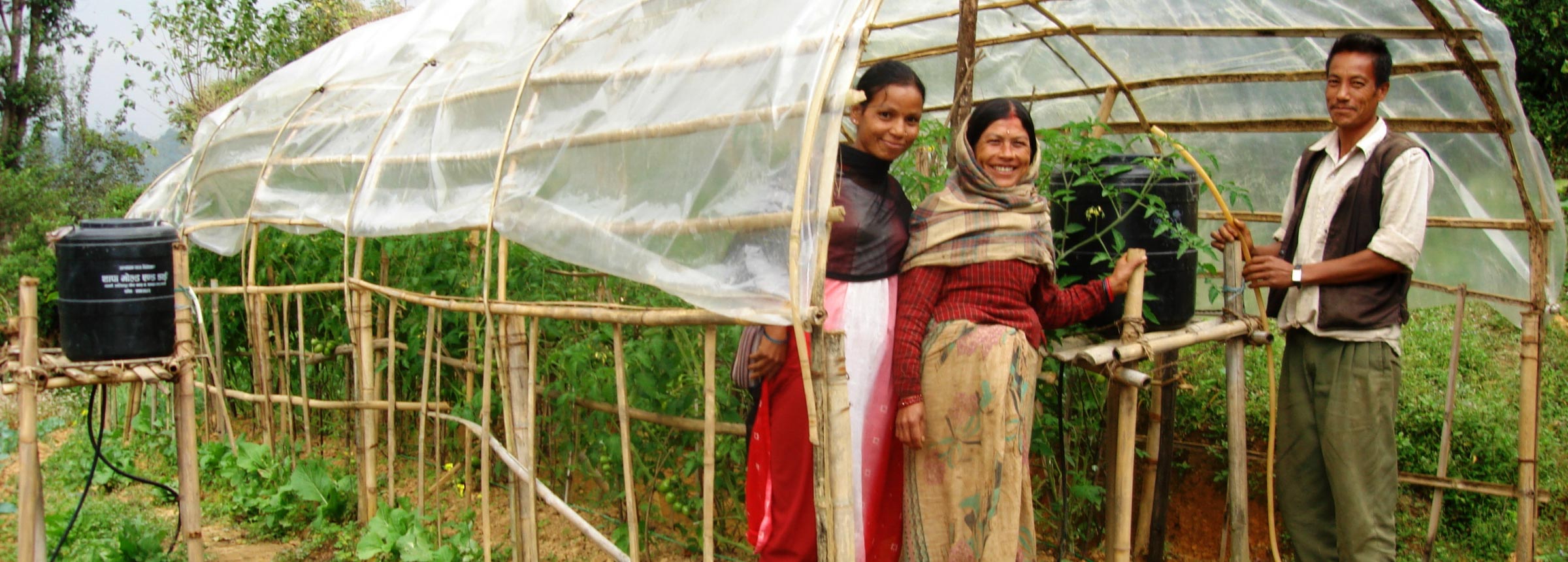
Energy for All
Millions of people in Nepal have no access to electricity and rely on firewood, kerosene and cow dung for lighting and cooking. The resulting conditions harm human health, are damaging to the environment and make economic development more challenging. To address this, Winrock is working with a range of stakeholders — including the Asian Development […]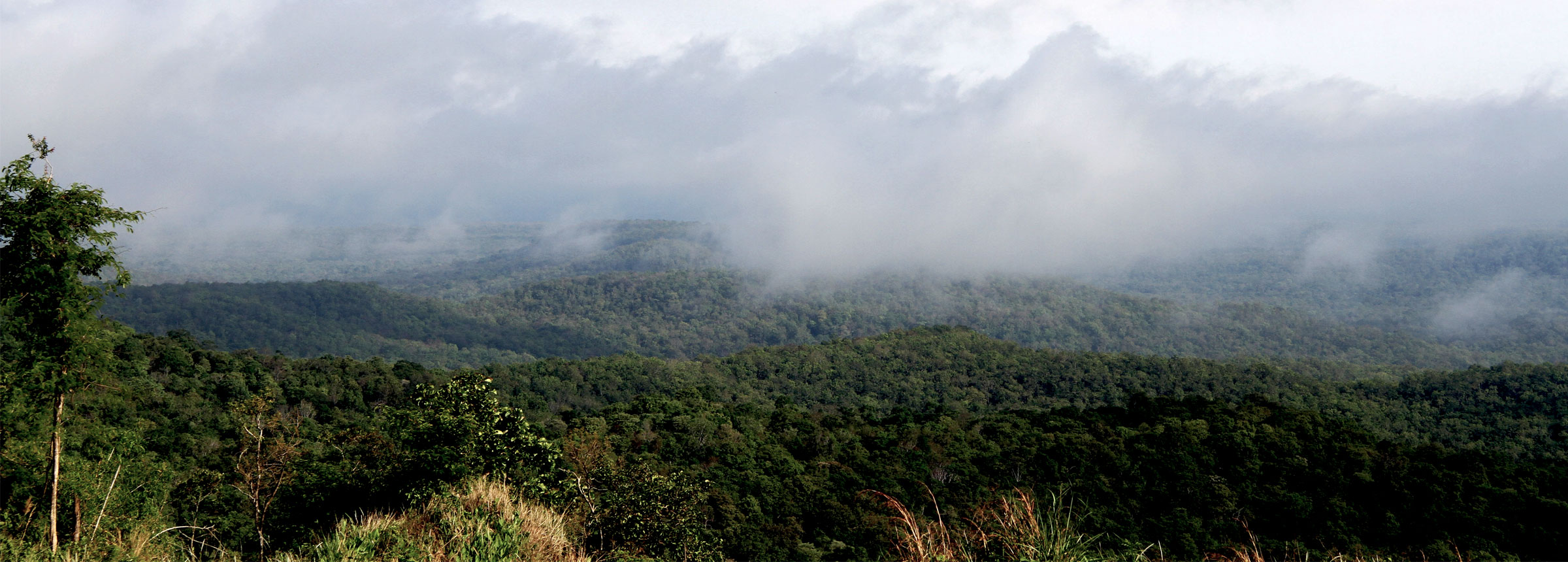
GHG Registry Agreements
Mitigating the impact of climate change requires tapping the power of markets. Winrock propels that approach by facilitating carbon offset trading and developing scientifically rigorous methodologies to measure and verify reductions in greenhouse gas emissions.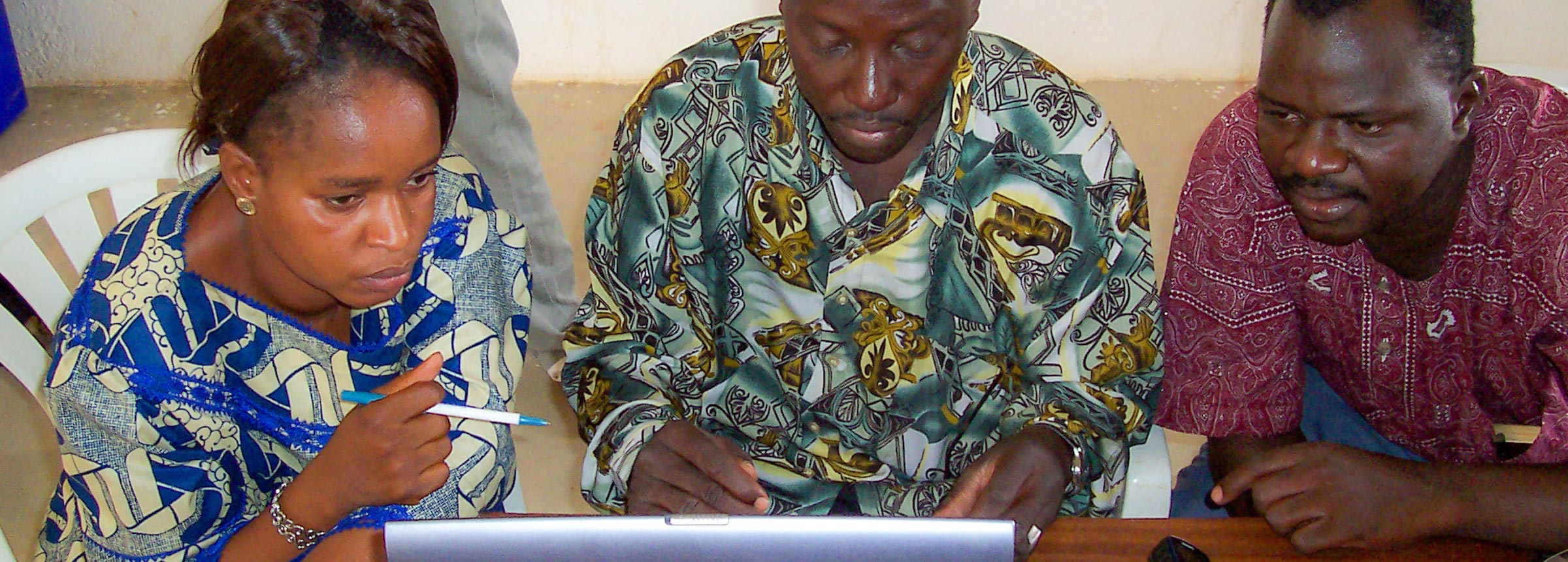
Sasakawa Africa Fund for Education (SAFE)
Small farmers in Sub-Saharan Africa are better able to achieve food security and earn a sufficient livelihood when they receive assistance from the continent’s agricultural colleges and universities. This program helps bolster the ranks of agricultural experts by introducing new opportunities for mid-career professionals to participate in extension education and degree programs at African universities.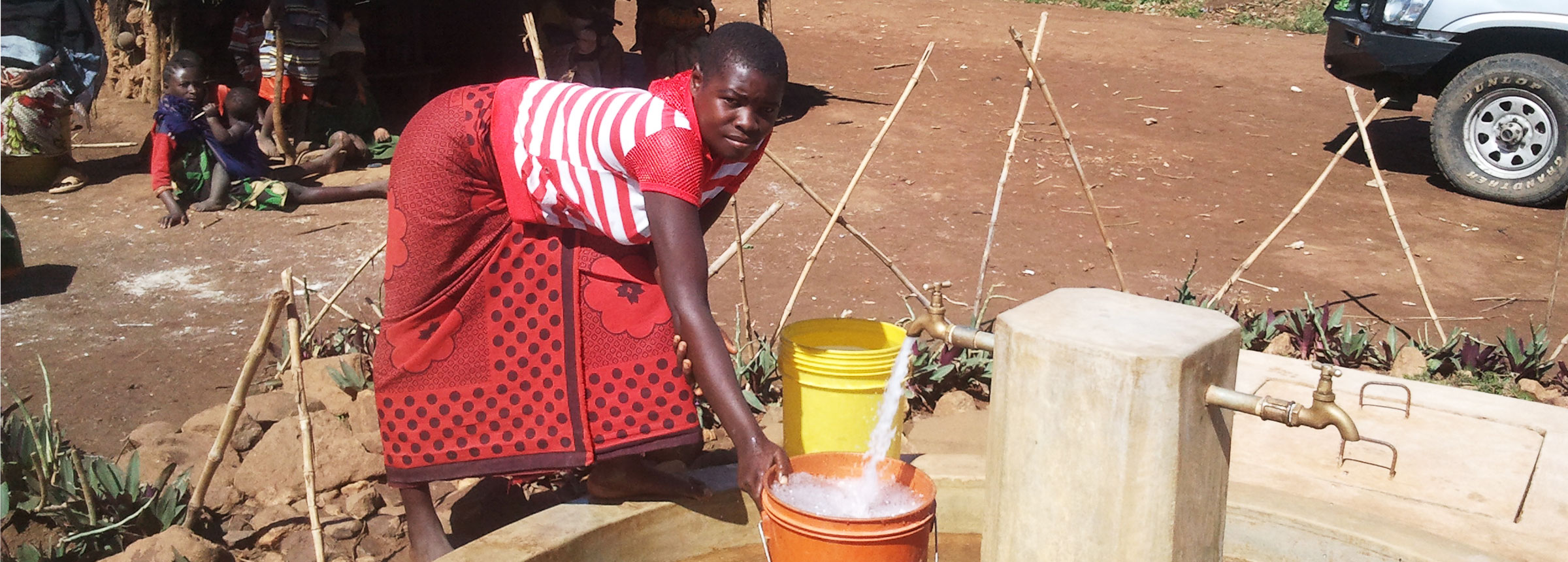
Tanzania Global Water for Sustainability (GLOWS)
Tanzania has relatively abundant water resources, although population growth and poor management has made shortages increasingly common. The goal of this project is to use market-driven approaches to support sustainable access to water, particularly in poor and rural areas. Part of the solution is to increase the number and effectiveness of entrepreneurs engaged in water […]